Democracy – Materialization in and through Music
October 17–19, 2024, Salzburg.
Mozarteum University Salzburg.
Annual Conference of the Austrian Society for Musicology (ÖGMw) 2024
Call for Papers.
“Democracy” is associated with numerous values such as freedom, justice, fairness, and humanism, which require continuous discussion and adaptation. It is understood as a form of government and society as well as a way of life and is differentiated according to time-, culture-, and state-specific contexts. Democracy can be symbolically advocated for or solidified through musical performances, as music serves as a potential tool for shaping, accompanying, or commenting on the debate about what is to be defined as “democracy.”
Music provides a backdrop for analytical and comparative perspectives on different concepts of democracy. One could consider emancipation processes of social or ethnic groups that articulate(d) themselves politically through music and advocate(d) for democracy, as well as protests through music as forms of expression of individuals and groups with effects such as multiplication and gaining publicity. Democratic protest can also be articulated through music, as seen in the “Cassette Culture” in Chile, coded messages in song lyrics, the music of the “Peaceful Revolution“ in the GDR in 1989, or as an important part of the “Singing Revolution” in the Baltic States from 1988 to 1991. More recently, protests through music have also taken place in Iran.
Fundamentally, the question arises to what extent music, especially in its own inherent structures, can and should be a space of democracy. Is the idea of absolutist power inherent in the relationship of voices to each other, in the concept of “dux” and “comes”, or in other compositional principles? And do erosions of absolutist power already manifest themselves since the eighteenth century, for instance, in unstable tonality or independence of voices?
At the beginning of the twentieth century a pluralization in the fields of production, distribution, and reception of music can be observed. (New) infrastructures and technologies contributed to more democratic distribution possibilities, particularly in popular music. At the same time, these processing capabilities, such as “recycling” through sampling and cover versions, also signify the spread of individual political positions. These can thus be communicated through intermediality: for example, by framing and reframing. Moreover, the role of the audience changed throughout the twentieth century. With the increasing development of participatory forms of reception and reaction (scandals in concert halls, or comments and click counts in social media), recipients have become a significant counterbalance and are fully aware of this power.
The annual conference aims to address and discuss music-related phenomena that intersect with notions of democracy or democratic principles. We welcome submissions from all sub-disciplines of musicology, including but not limited to the following subject areas:
Musical protest as a commitment to democracy, against political and cultural totalitarianism, and the potential change of its articulation throughout history
Democratic values (freedom, equality, rule of law) inherent in music and in its performance and reception
Structures and hierarchies in musical ensembles (orchestras, choirs, chamber music formations etc.)
Authors’ rights, copyright, and music piracy
Mass cultural phenomena
Big Data: generation, analysis, privacy, and accessibility
Methodological challenges in the thematic context of “Music and Democracy”
Presentation formats
Paper: 20 minutes + 10 minutes discussion or 30 minutes + 15 minutes discussion
Poster presentations on-site or project presentations (digital via screens as a slideshow or a pre-recorded video, max. 5 minutes)
Conference languages are German and English.
Please submit an abstract (max. 2,000 characters) specifying the desired format (paper – 30' + 15' or 20' + 10' – or project presentation) as well as a CV (approx. 500 characters) by April 12, 2024.
The decision on acceptance will be made by May 15, 2024, by a jury consisting of members of the ÖGMw Executive Board and the Department of Musicology at the Mozarteum University Salzburg.
Childcare (for children aged 0 to 6) during the annual conference is being planned. Please don't hesitate to contact us at the email address provided above if you need this service.
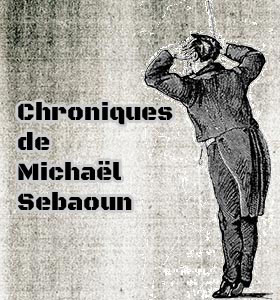
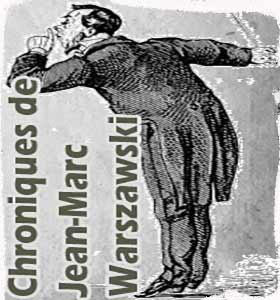
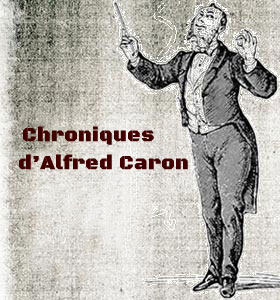
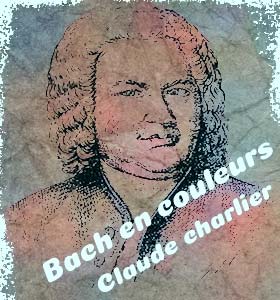
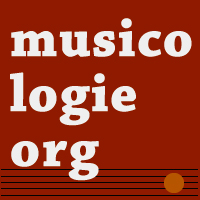 À propos - contact |
S'abonner au bulletin
| Biographies de musiciens | Encyclopédie musicale | Articles et études | La petite bibliothèque | Analyses musicales | Nouveaux livres | Nouveaux disques | Agenda | Petites annonces | Téléchargements | Presse internationale | Colloques & conférences | Collaborations éditoriales | Soutenir musicologie.org.
À propos - contact |
S'abonner au bulletin
| Biographies de musiciens | Encyclopédie musicale | Articles et études | La petite bibliothèque | Analyses musicales | Nouveaux livres | Nouveaux disques | Agenda | Petites annonces | Téléchargements | Presse internationale | Colloques & conférences | Collaborations éditoriales | Soutenir musicologie.org.
Musicologie.org, 56 rue de la Fédération, 93100 Montreuil. ☎ 06 06 61 73 41.
ISSN 2269-9910.

Jeudi 28 Mars, 2024

 28 mars 2024
28 mars 2024